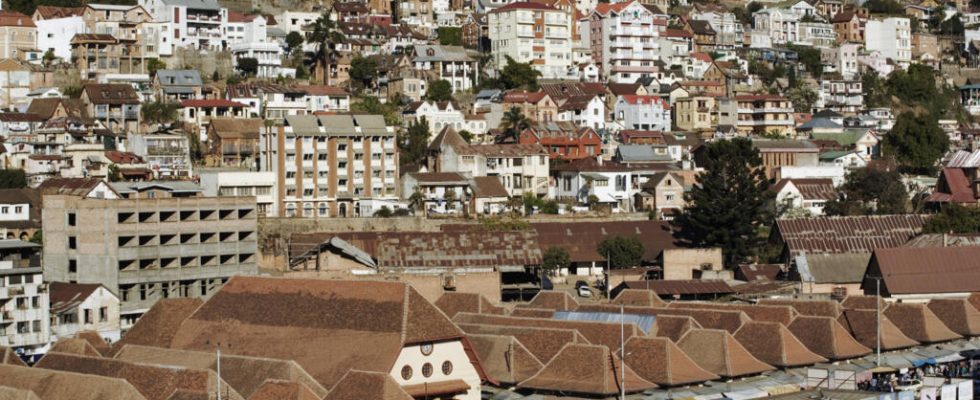On a government proposal, the Malagasy Parliament voted this week to toughen the sentences imposed on perpetrators of child rape. In addition to forced labor sentences which are equivalent to prison, chemical or even surgical castration is now part of the sentences that the judge can pronounce.
2 mins
With our correspondent in Antananarivo, Sarah Tétaud
The Malagasy Penal Code now provides for a sentence of surgical castration “ against perpetrators of rape committed against a child under 10 years old ”, but also castration “ chemical or surgical » against rapists of children aged between 10 and 18.
A decision taken for “ fight against the increase in rapes on the island », Explains the Minister of Justice, Landy Randriamanantenasoa. “ This month of January alone, we recorded 133 rapes of minors! Six hundred last year! The law that is currently applicable has not been sufficient to curb the perpetrators of these offenses, which is why some provisions of the Penal Code have been modified. With these gradual sentences, depending on the age of the victims, we protect children much more », continues the Minister of Justice who recalls in passing that “ Madagascar is a sovereign country which has every right to modify its laws […] in the general interest of the people. »
However, the text arouses controversy, particularly among human rights defenders who believe that it poses a legal and ethical problem. “ This text on castration amounts to the promotion of torture and degrading and inhumane treatment », Comments Nciko wa Nciko, advisor for Madagascar at Amnesty International. “ It goes against the provisions of the Malagasy constitution and the obligations that Mada has at the regional and international level. Castration causes serious and irreversible harm. And we can have cases where an individual is found guilty and the courts reverse the verdict and find them innocent. Furthermore, this text does not have access to the well-being of the victims. What victims need are adequate support structures, reforms to the Malagasy criminal justice system to combat stigma and reprisals against them. », continues the representative of the NGO.
The text must still be validated by the High Constitutional Court, before the President of the Republic, Andry Rajoelina, promulgates it.
Read alsoMadagascar: a shock campaign to fight against rape and incest
